Inorganic precipitates (scales) are one of the major flow assurance concerns in offshore oil and gas production, and lead to significant reductions in productivity and cosily workovers if allowed to form
uncontrolled. Scale prevention by the use of chemical inhibitors, applied either by continual injection or by squeeze treatment into the near wellbore formation, has been generally regarded as the most cost
effective solution to the problem. Deepwater production brings with it a number of additional challenges to the control of inorganic scale. This paper examines the various inorganic scale control challenges associated with deepwater environments throughout the world, and how these differ from more conventional production systems, particularly in relation to well access for chemical injection in complex subsea production systems. Comparisons will be drawn with complex "shallow water" reservoir production systems in order to categorise the issues. Problems resulting from a wide range of production conditions (e.g. long cold seabed tie-backs, requirements for performance compatibility with
many other production chemicals) and the impact these have on chemical performance and selection will be discussed.
Potentially, the major factor in inorganic scale control relates to the design of production systems to allow cost effective access for chemical treatments during the production life. In this paper we compare, from a scale inhibition / chemical injection viewpoint, the challenges associated with chemical intervention in such systems. In general, scale control by chemical inhibition remains achievable with current inhibitor chemistries. However, the costs associated with treatment, especially for downhole
squeeze treatments, may be orders of magnitude higher than for conventional systems. Comparative costs for different treatment philosophies will be discussed and compared with shallow water and less complex platform wells, with the emphasis being on intervention and deferred oil. For example, subsea templates, in which production from several wells is brought together into single seabed flow lines, may
make conventional squeeze treatments less economic due to lost productivity from all wells for a single treatment. The potential requirement for selective treatments using ROVs, and the additional expense incurred again raise a significant economic burden on the total cost of the operation. Individual seabed flow lines, and even individual chemical umbilicals to each well, may be similarly uneconomic due to
the additional capital expenditure required. For squeeze application, effective placement is essential and ever more challenging in complex subsea production systems to ensure that long squeeze lifetimes are
achieved. More effective chemicals and delivery packages are also of importance in order to maximize squeeze potential lifetimes.




